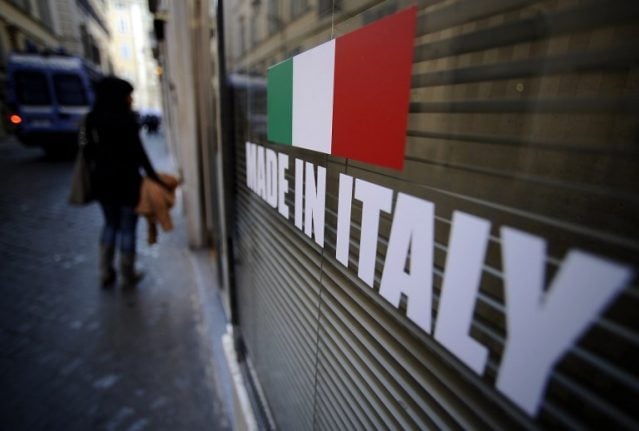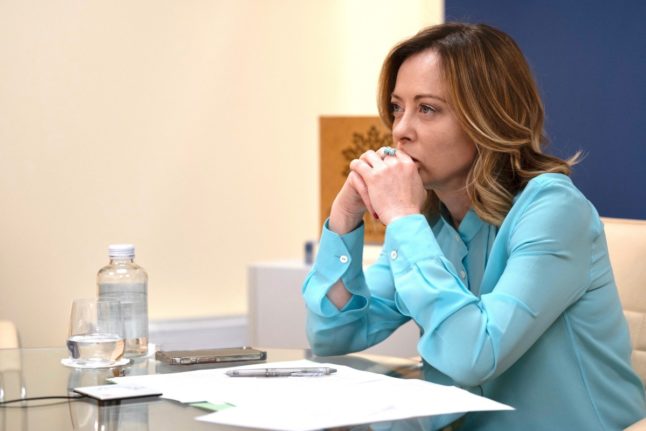Italy's late-night corner shops, many of which are run by Bangladeshi, Indian or other immigrants, have become “a meeting place for drug dealers and people who cause trouble”, the interior minister claimed.
His new law and order decree, most of which is aimed at making it easier to deport foreigners who commit crimes or don't have permission to stay, will include a measure that obliges “little ethnic shops” to shut their doors at 9pm, he announced via his Facebook page.
“It's not a move against foreign shops, just to limit abuses,” said Salvini, who is also Italy's deputy prime minister and head of the League party.
Retail association Confesercenti warned that it would be discriminatory to single out certain business owners and not others.
“Whoever has a commercial activity has rights and responsibilities: the responsibility to respect the rules and the right to remain open, whether your business is run by foreigners or by Italians,” said the association's secretary general, Mauro Bussoni.
READ ALSO: Tuscan city bans fast food, sex shops, and non-Italian shop signs
Meanwhile consumer association Codacons pointed out the value of late-night stores to shoppers, who have the chance to pick up anything from snacks to laundry detergent into the small hours.
However, Codacons president Carlo Rienzi said he was in favour of closing corner shops in cases when they cause disorder, and categorically in the historic centre of cities, “because their presence contributes to urban decay and mars the artistic beauty”.
Such decisions are usually left to local councils, some of which have taken measures to prevent certain businesses from operating in protected zones. Earlier this year the council of Pistoia in Tuscany ruled that shops in the city centre must write their signs in the Roman alphabet as part of measures to protect the medieval town's “authenticity”.
“Tourists who come to Pistoia don't come to have lunch in a kebab shop, to see a money transfer shop, nor to buy a canned drink from a 24/7 vending machine,” Mayor Alessandro Tomasi was quoted as saying at the time, adding: “We don't want foreign shops, we don't want mini-markets, we don't want money transfer services.”
More recently Italy's other deputy prime minister, Luigi Di Maio of the Five Star Movement, proposed to return to the days when shops weren't allowed to open on Sundays, saying that seven-day-a-week trading was “destroying Italian families”.
READ ALSO: Italian government seeks to keep shops closed on Sundays

Photo: Filippo Monteforte/AFP



 Please whitelist us to continue reading.
Please whitelist us to continue reading.